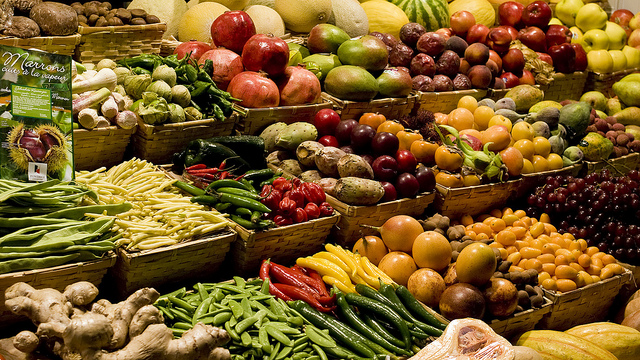Plant Biosecurity Advice 2019-P03 – Release of the draft report for the review of biosecurity import requirements for fresh avocado fruit from Chile
28 February 2019
This Biosecurity Advice notifies stakeholders of the release of the draft report for the review of biosecurity import requirements for fresh avocado fruit from Chile.
The draft report proposes that importation of fresh avocado fruit from all commercial production areas of Chile be permitted, subject to a range of biosecurity requirements.
The department has now published the draft report for a 60 calendar day public consultation period, closing on 29 April 2019.
Stakeholders are invited to have their say on the draft report. The department will consider all stakeholder comments received during the consultation period in preparing a final report.
The department announced the commencement of this risk analysis on 23 March 2018, via Biosecurity Advice 2018-05, advising it would be progressed as a review of biosecurity import requirements.
The draft report identifies seven quarantine pests associated with fresh avocado fruit from Chile that require risk management measures to reduce the biosecurity risk to an acceptable level. The quarantine pests identified are:
- Fruit flies: Mediterranean fruit fly (Ceratitis capitata)
- Mealybugs: grape mealybug (Pseudococcus maritimus)
- Thrips: Chilean flower thrips (Frankliniella australis), tamarugo thrips (Frankliniella gemina) and western flower thrips (Frankliniella occidentalis)
- Mites: avocado brown mite (Oligonychus punicae) and avocado red mite (Oligonychus yothersi).
- The draft report proposes risk management measures, in combination with operational systems, to reduce the risks posed by the seven quarantine pests so as to achieve the appropriate level of protection for Australia. These measures include:
- area freedom, fruit treatment (such as cold disinfestation treatment) or hard condition of fruit (for the Hass cultivar only) for Mediterranean fruit fly
- consignment freedom verified by pre-export visual inspection and, if detected, remedial action for grape mealybug, Oligonychus spider mites and thrips
- The draft report and more information about this risk analysis are available on the department’s website. Printed copies of the report are available on request.
The department invites stakeholders interested in receiving information and updates on biosecurity risk analyses to subscribe via the department’s online subscription service. By subscribing to Biosecurity Risk Analysis Plant, you will receive Biosecurity Advices and other notifications relating to plant biosecurity policy, including this risk analysis.
Dr Marion Healy
First Assistant Secretary
Biosecurity Plant Division
Related News & Updates
Become a Member
Join AHT
We’re the peak industry body for Australian Horticulture Trade. Joining AHT helps us advocate for you & the greater good of the industry.
Benefits OF joining
- Representing you, monitoring developments and potential threats to imports & exports
- We work on your behalf on solutions & opportunities to facilitate and maintain trade
- Be kept up to date with important issues affecting horticultural imports & exports



